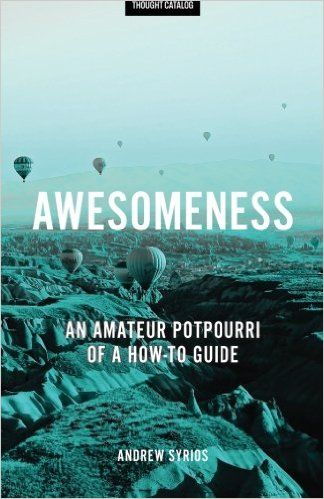|
So if you haven't heard, science is in a bit of a crisis right now. There's a growing replication crisis as previously accepted truths are falling apart one by one. This is particularly true in psychology as well as medicine (although that might have more to do with financial conflicts of interest).
For example, apparently the famous Stanford Prison Experiment, where those playing the guards brutally mistreated those playing the prisoners, was something close to academic fraud. Not only has it failed to be replicated, but Philip Zimbardo, the man who ran the original study, actually coached the "guards" to be cruel. According to Ben Blum's expose, "Once the simulation got underway, Jaffe explicitly corrected guards who weren’t acting tough enough, fostering exactly the pathological behavior that Zimbardo would later claim had arisen organically." James Heathers has a great thread on the list of either debunked concepts that had previously been accepted as true, or concepts that have been thrown into question:
The list includes:
- Social Priming - "The Robber's Cave" - The Stanford Marshmallow Test - Ego Depletion - Power Posing - The aforementioned Stanford Prison Experiment (Stanford has really been getting rocked lately) - The Facial Feedback Hypothesis - Newborns can imitate - Pretty much everything about the hormone Oxytocin - The Blocking Effect - Stereotype Thread - Universal Facial Emotion - And obviously, precognition Some of the problem has to do with it being much harder to publish a paper that shows no result than one that shows a positive result. Who wants to read proof that some hypothesis isn't true? Or who cares if something turns out to not be a problem. A lot of these studies go unpublished and thereby distort the literature on the subject. Especially since the media will jump on the studies that show a big result or a big problem. This is called "the file drawer problem." Perhaps if I get rich enough, I'll try to start an academic journal solely dedicated to papers in any field that showed no result or that a hypothesis was false. What academic would do a bunch of work on a subject and then turn down the opportunity to at least get published somewhere? That way, at least there will be a record of dissent when someone tries to publish something with an outlandish result. That being said, I must note that I find this all to be a little tragic. I really like the idea behind the Stanford Marshmallow Test (that deferral of gratification is key to success) and ego depletion (that we literally run out of willpower if we use it too much). The former is still true (it just has more to do with the environment one grows up in or perhaps genetics, not a learned habit) and the latter may be true, but not to the degree once thought. But I really liked those concepts. It's sad to see them go, or at least be greatly diminished.
Comments
|
Andrew Syrios"Every day is a new life to the wise man." Archives
November 2022
Blog Roll
The Real Estate Brothers The Good Stewards Bigger Pockets REI Club Meet Kevin Tim Ferris Joe Rogan Adam Carolla MAREI 1500 Days Worcester Investments Just Ask Ben Why Entrepreneur Inc. KC Source Link The Righteous Mind Star Slate Codex Mises Institute Tom Woods Michael Tracey Consulting by RPM The Scott Horton Show Swift Economics The Critical Drinker Red Letter Media Categories |
 RSS Feed
RSS Feed


